【新唐人2012年4月11日訊】因為1989年六四天安門事件而流亡美國22年的中國物理學家方勵之,4月6號在美國亞利桑那州家中去世,享年76歲。天安門事件之後,方勵之夫婦到駐北京的美國大使館避難一年多,直到中共當局允許他和他的家人離境。然而對比今年二月初重慶副市長王立軍的美領館庇護之路,王立軍則是被中共當局帶回調查。
方勵之因為六四民主運動被鎮壓之後,進入北京的美國駐華使館,並在那裏停留了很長一段時間。有媒體對比分析,兩個月前同樣尋求美國領館政治庇護的王立軍,就沒有如此幸運了。
《美國之音》4月9號報導,方勵之和王立軍事件相同之處,他們都是以「特殊」方式進入美國領館,不同之處是,王立軍只停留了一天,遭到拒絕後自動離開,被中南海帶走進行「調查」,而方勵之則得到了批准,在美國領館中停留了384天,最終成功來到美國。
六四天安門學生領袖項小吉:「那麼比較這兩個案子,這個區別非常大,方勵之先生對89民主運動有深刻的影響,而且在89年共產黨血腥鎮壓他有生命危險,在這種背景下美國政府庇護他,而王立軍他這個事情沒有任何歷史背景,從他個人來講,大家也搞不清他有甚麼危險,所以美國政府的處置,我覺得還是符合國際法規定的。」
方勵之和王立軍,他們曾經都是共產黨員,也是在中國境內,唯一進入美國駐華領館尋求政治庇護的兩位中共高級幹部。不同的是,王立軍是副部級高幹,現任共產黨員﹔而方勵之則是因所謂「資產階級自由化」而被鄧小平開除了黨籍的前「中國科技大學」副校長。
中國問題研究專家趙遠明表示,方勵之在國內一直是反對獨裁政權,而王立軍根本不是民主人士,他只是中共內部的一個得力的幹將,就是在「唱紅打黑」時的主要打手。
中國問題研究專家趙遠明:「方勵之是一個民主人士,王立軍是一個中共政權內部的一個打手,這是第一點很明顯的不同,第二點呢,方勵之之所以尋求庇護,是因為在六四當中,他支持學生運動,王立軍你看他歷史可以看哪,他根本就沒有民主意識,因為他本身就是中共集團的一個成員,他在統治過程當中得到他所需要的名利、地位、職務。」
在這兩起尋求庇護事件中,美國領館接受追求民主自由的知識份子——方勵之的政治庇護要求,而拒絕捲入王立軍的「中共高官權力鬥爭」的政治庇護要求。
中國問題研究專家趙遠明:「當然我覺得美國領館拒絕他(王立軍)的申請還是有道理的,也就是他認為王立軍根本不是一個民主人士,只是黨內鬥爭當中的一個犧牲品,在他為了保命的情況下,他才向美國政府申請庇護,在政治上來講,他沒有甚麼可以庇護的道理。」
趙遠明還表示,王立軍跟方勵之最大的不同,就是王立軍知道中共是不按牌理出牌,不按法律規定辦事,做為中共內部的成員,他知道在出現利益衝突的時候,他是得不到法律上的保護或者是長官的庇護,所以他才不得不選擇美國領館作為一個保命的選擇。
採訪/常春 編輯/黃億美 後製/郭敬
==================
Wang Lijun and Fang Lizhi: Seeking Asylum Road to U.S.
Fang Lizhi, a physicist who was exiled in the U.S. for 22
years after the 1989 Tiananmen Massacre, has died at his home in Arizona, U.S. on April 6, at the age of 76.
After the Tiananmen Incident, Fang and his wife had stayed
for more than one year at the U.S. embassy in Beijing until the CCP allowed him and his family to leave.
Wang Lijun, Chongqing Vice Mayor, also entered the U.S.
Consulate for asylum in early February this year.
However, the CCP removed him from the Consulate
for further investigation.
Fang Lizhi entered into the U.S. Embassy in Beijing after
the June 4th democracy movement was suppressed.
He stayed there for a long time.
Some media made a comparative analysis between
his case and that of Wang Lijun.
Two months ago, Wang entered into the U.S. consulate
for asylum. However, he was not as fortunate as Fang.
Voice of America reported on April 9 about the common
parts of Fang and Wang event.
Both of them entered into U.S. embassies or consulates
through a special way.
However, the difference is that Wang stayed for one day
and left after his application was rejected.
Fang had stayed for 384 days with permission.
Wang was taken by CCP for further investigation
and Fang went to the U.S. successfully.
Xiang Xiaoji, a student leader in the Tiananmen Incident
commented. “So let's compare the two cases—there are many differences.
Mr. Fang had a profound effect on the 89 pro-democracy
movement, and he had his life-threatened in the bloody suppression in 1989.
The U.S. government sheltered him in such a context.
However, there is no historical background in Wang's case.
For him, we were all confused on what kind of risks
he might meet.
So I think the rejection by the U.S. government
is in line with international law.”
Both Fang and Wang were CCP members, and they are
the only two senior party cadres who entered into U.S. embassies or consulates in China for asylum.
Wang is a vice ministerial level senior cadre
and he is an incumbent member of CCP.
Fang was the former Vice Rector at the University
of Science and Technology of China.
He was expelled from the CCP by Deng Xiaoping
due to the so called “bourgeois liberalization”.
Zhao Yuanming, a research expert on China issues said,
Fang had always opposed to the dictatorship in China,
while Wang was not a democrat at all.
Wang was an effective go-getters within CCP and
he was the main hatchet man in “Sing Red and Strike Black” movement.
Zhao Yuanming: “Fang is a democrat while Wang
is a hatchet man.This is the main difference between them.
Besides, Fang requested for asylum as he supported
the students movement in June 4 Incident.
However, from a historical point of view, Wang does not
have any sense of democracy.
Wang is a member of the CCP group; he got fame, better
status and higher positions during the ruling process.”
For the two cases, U.S. embassies or consulates accepted
the asylum application of Fang, who is an intellectual standing for democracy and freedom.
However, they rejected Wang's application, which was
involved in the power struggles among CCP senior officials.
Zhao Yuanming: “Of course, I think it is reasonable that
the U.S. consulate refused his (Wang Lijun's) application.
It means Wang is not recognized as a democrat.
He is only a victim of the inner CCP struggle.
He wanted to save his life based on the asylum application.
Politically speaking, he is not deserved of U.S. asylum.”
Zhao Yuanming also said that the main difference between
Wang and Fang is that Wang knows that the CCP plays according to a game of cards.
As in a member of the CCP, he knows that he cannot get
legal protection or executive shelter when an interest conflict appears.
That is why he had to choose the U.S. embassy
or consulate for protecting his life.
看下一集

【禁聞】美華萊士去世 江澤民沾光“大熱”
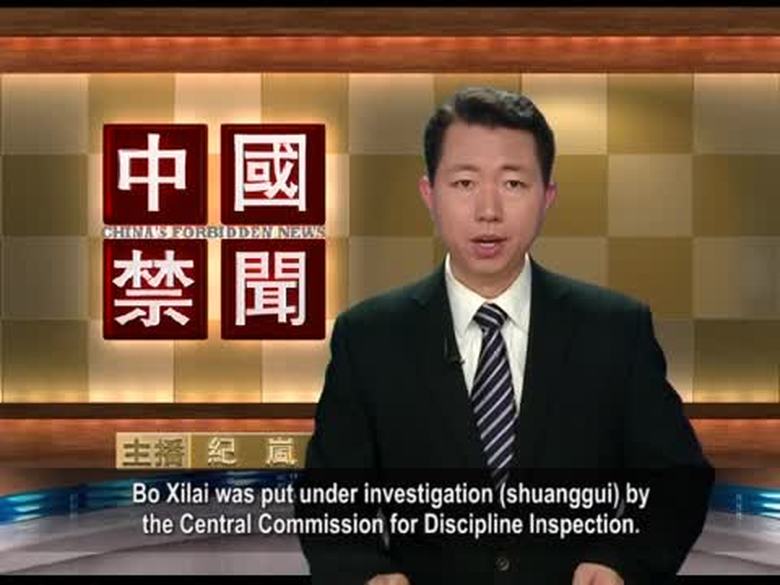
【禁聞】薄熙來“滅門大禍” 周永康“利益關聯”
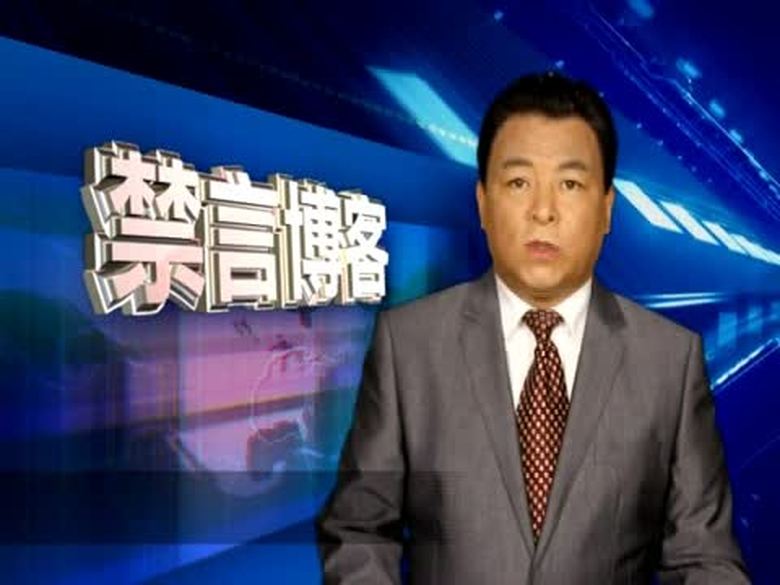
【禁言博客】“夜郎”部長 放豪語 哪來的底氣?
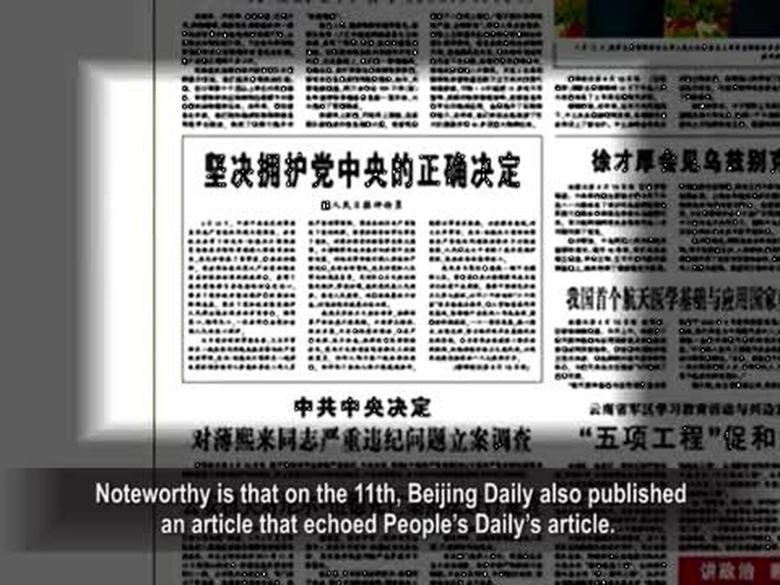
【禁聞】官媒齊表態 周失勢 政治風暴逼近
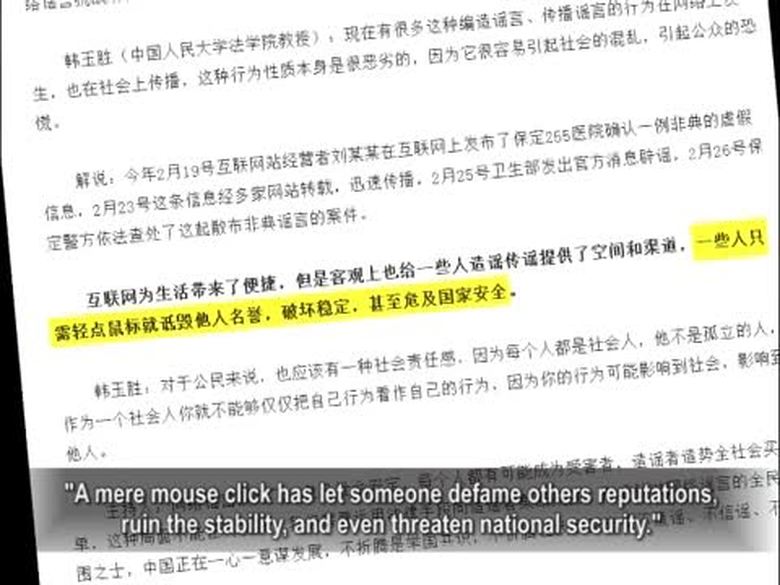
【禁聞】論證“鼠標”危害性 誰在造謠﹖
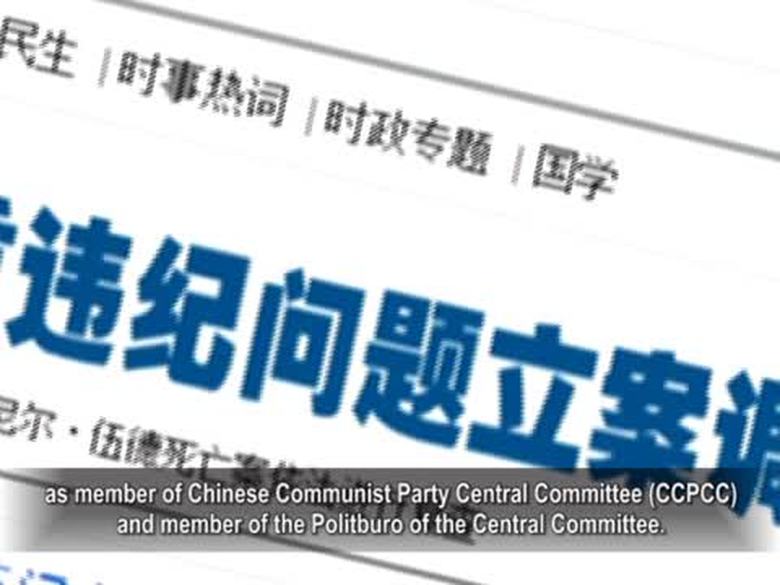
【禁聞】薄熙來被調查 胡溫如何清算江周﹖
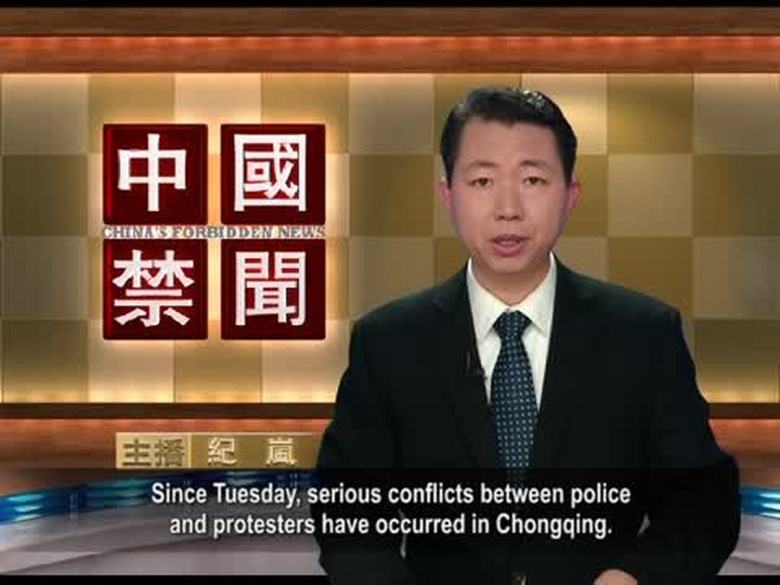
【禁聞】重慶萬人暴動背後推手引猜測
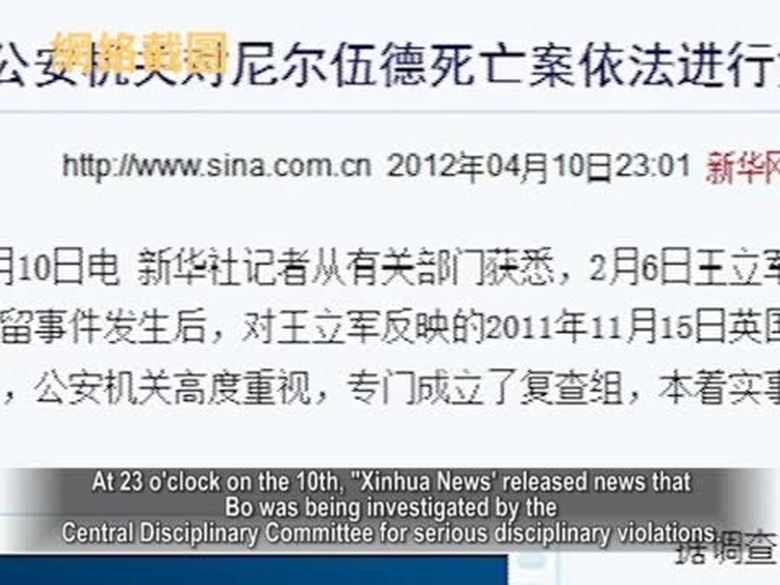
【禁聞】薄事件連環報 谷開來涉婚外情殺人
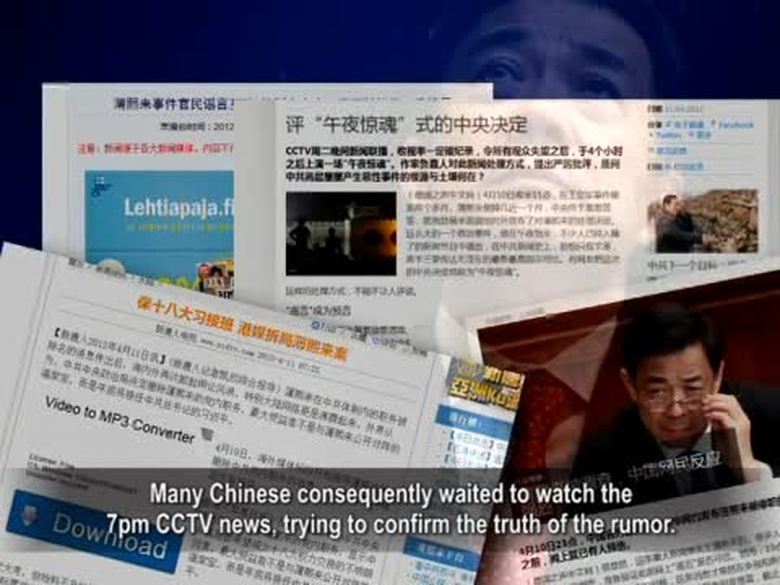
【禁聞】撤職薄熙來 中共放風餵料
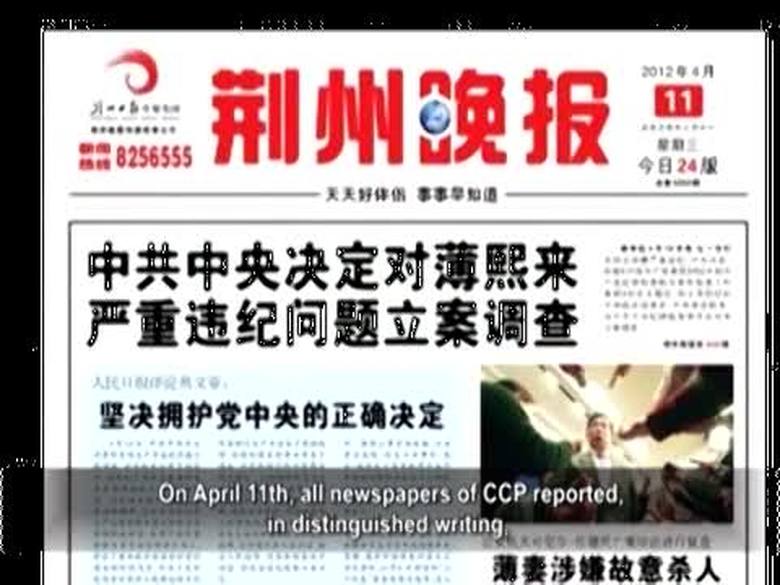
【禁聞】薄熙來遭整肅 中國各大報高調報導
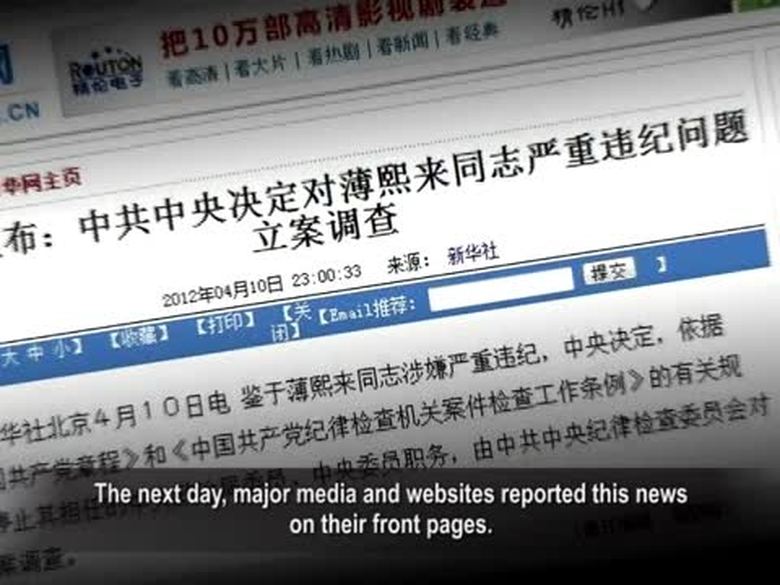
【禁聞】重慶萬人示威有蹊蹺 誰是背後推手
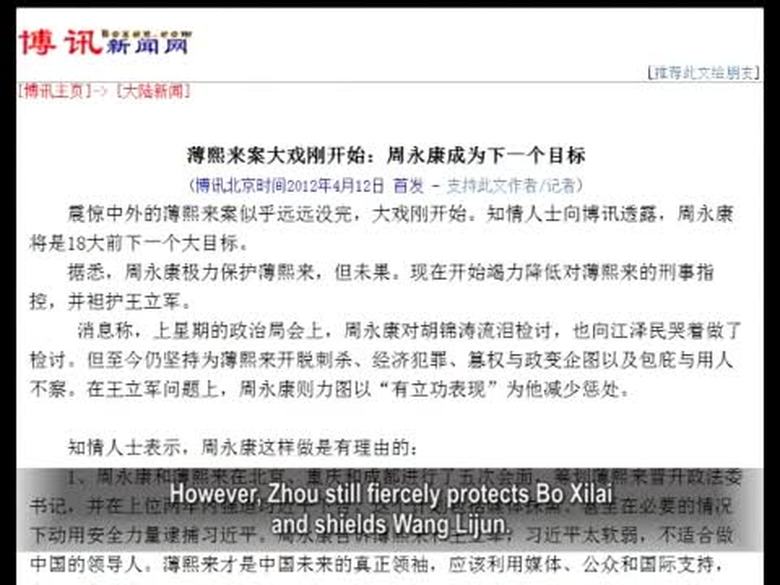
【禁聞】薄熙來案未結束 周永康浮現
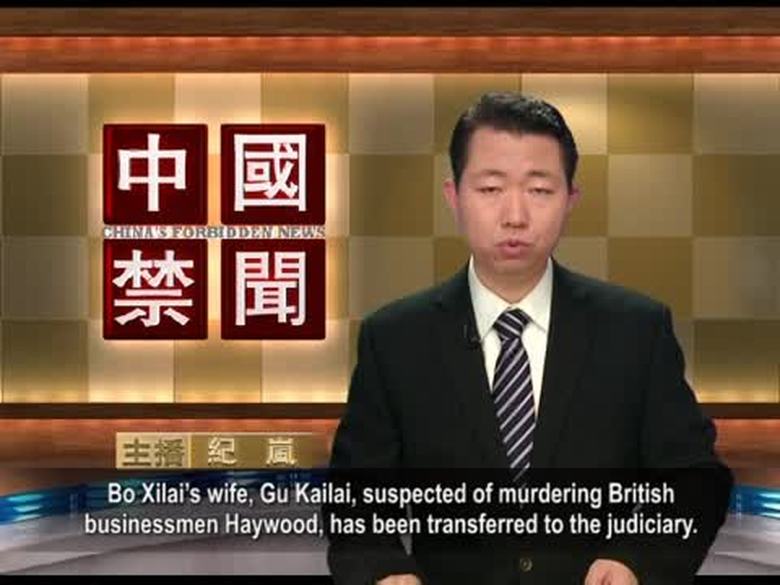
【禁聞】傳薄妻谷開來揭發周永康主謀政變
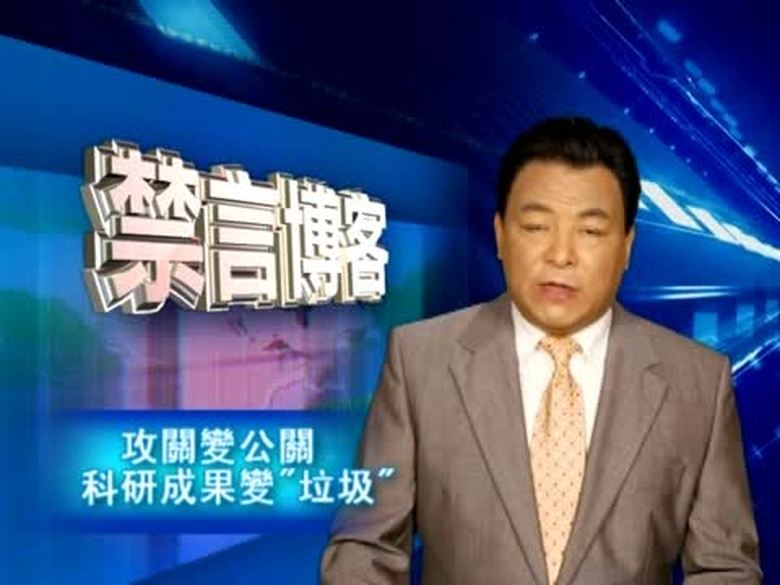
【禁言博客】攻關變公關 科研成果變“垃圾”
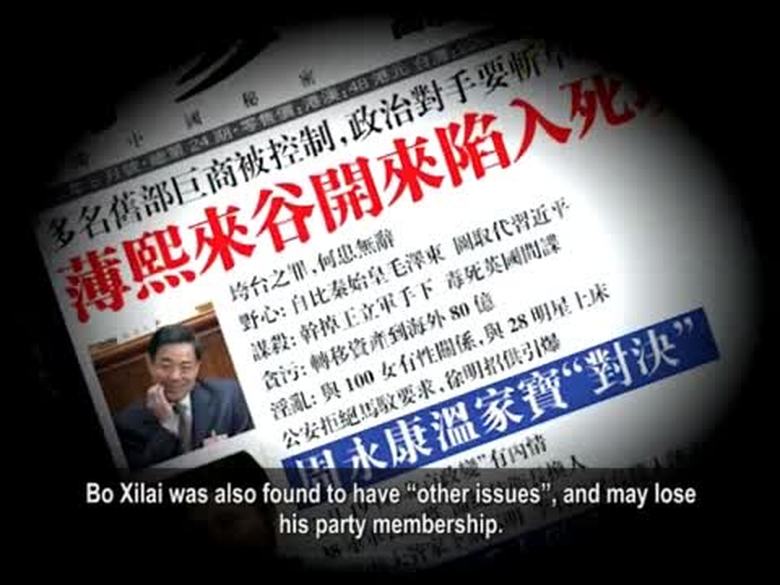
【禁聞】周永康黑幕一籮筐 評:胡習決心已定
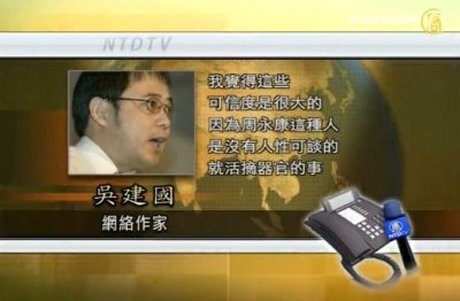
【禁聞】媒體爆料周永康黑幕 倒戈前奏?








